#Perry Bright
Explore tagged Tumblr posts
Note
are reqs still open? if so could you maybe please draw fine i’m fine x count eleven 👉👈? or if you’re not comfy with that maybe rainy day duo? :>
-@circles-n-spirals-alike
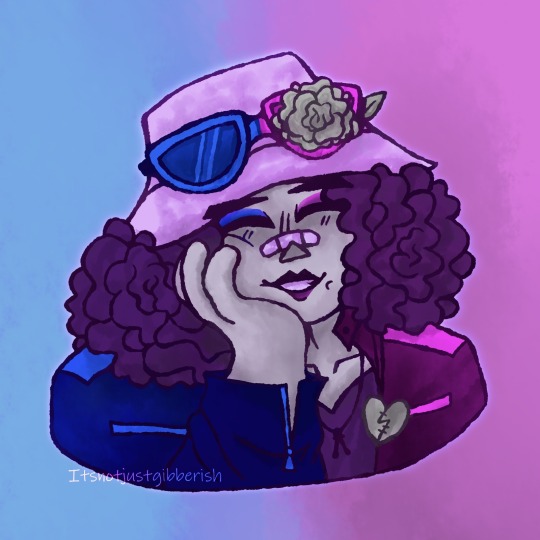

Not personally a fan of cj shipping or my interps being viewed as such [for clarity I’m completely chill with shippers themselves!!! Don’t be afraid to interact) but I did still wanna take the excuse to draw more non-HMS Jashlings so! Icons compromise :3
#I haven’t done a colored drawing of my count 11 design before and it has caused me to realize it’s a very Perry the Platypus palette#As always fandom art is free to use as pfps/etc with credit#chonny jash#Chonny Jash fanart#Chonny Jash fine I’m fine#fine I’m fine#cj count eleven#Chonny Jash count eleven#count eleven#itsnotjustgibberish#the anarchy anthology#cringle jimble from my songs#Jashlings#cj fif#cj c11#eyestrain#cw eyestrain#bright colors#cw bright colors
33 notes
·
View notes
Text
She 'Come on, it won't hurt' on my 'I lied' till I AAAAAAAGHHHHH
#the magnus archives#tma#jonathan sims#the magnus archives season 3#the magnus archives season 3 spoilers#jude perry#jude perry the magnus archives#MAG89#MAG89 - twice as bright#the lightless flame#tma memes#the magnus archives memes
171 notes
·
View notes
Text

(CW: Flashing, Bright Colors, Eyestrain in Linked Text)
Your extra lives are quickly being lost ; ; Your durability worn away Dodging matters right in front of you You've got your hands full just living! Someone, please help (^^ ♪
#bright colors#eyestrain#toontown#corporate clash#toontown corporate clash#ttcc#perry winkles#perry draws#pre-grey perry being used is intentional#perry being in the place of teto is also intentional
49 notes
·
View notes
Text
New video out now!
Take a look here :)

artist credit in description
#the magnus archives#tma#jon sims#tma spoilers#horror#jonathan sims#tma podcast#tma the desolation#the desolation#agnes montague#tma entities#jude perry#arthur nolan#Tma 89#tma 107#tma 145#89 twice as bright#107 third degree#145 infectious doubts
24 notes
·
View notes
Text





spicy
24 notes
·
View notes
Text
todd is asked to dress his age bc hes dressed like hes playing bingo in a nursing home. neil is asked to dress his age bc he dresses like its his first day of kindergarten.
#dead poets society#dps#neil perry#todd anderson#anderperry#neil x todd#todd x neil#dead poets#todd anderson x neil perry#neil perry x todd anderson#neil wears all the pretty bright colors
360 notes
·
View notes
Text
i love making headcanons and, inspired by @blakenation1 making dps headcanons, i wanted to try it out too :)
so, dead poets society going to a mall!!
- mr keating goes with the dead poets to the mall to act as adult supervision since Welton requires the students to have a chaffeur. he just enables their chaotic behaviour though and literally does not act like adult supervision at all - he tells the dead poets that if any other teacher (especially mr nolan) asked, he was watching them like a hawk the entire time (he wasn't, he was watching them like a mole)
- they manage to run into ginny and chris in the mall and the two just sort of. join their group for funsies
- the group is sort of split into three categories: the ones having fun, the ones who are just here for shopping, the ones who want to go home
- people who are actually having fun: neil, charlie, mr keating, chris, meeks, and todd
- they actually love the mall because of all the places they get to go and the aesthetic in general (like neil, chris, charlie, and a little bit of mr keating) OR they found a store they really like and are just browsing what they have (todd in a bookstore, meeks with casettes/records/posters, and mr keating at a thrift shop). the latter need to be physically dragged away from the stores they chose to be in
- the ones who just wanna get their shopping done: cameron, pitts, ginny, knox
- they don't hate the mall, but they're not giddy or excited about it like the people having fun are. they're still somewhat enjoying themselves because of the people around them or because they found a nice store. either way, they're mostly focused on actually shopping for what they NEED
- the ones who wanna go home: todd, cameron, a little bit of meeks
- they get overstimulated outside of their chosen stores very easily :( the food court is loud and bright (they're just like me fr)
- they mostly split up to go to whatever store they want to, but they plan when they're going to meet up at the food court so they can all go together. cameron, ginny, mr keating, and knox all just regularly check their watches to make sure they're not late to the food court meetings while everyone else has to set alarms to remember (especially meeks and todd, since they're so immersed in their respective stores)
- charlie's running around with neil from store to store, browsing each store and buying a couple things from each. they visit the shops everyone else is in to hang out with them a little and talk about what they're buying. sometimes they go to drag the other poets somewhere else because they're spending too much time in one place. neil spends a lot of time with todd in the bookstore, and in turn charlie talks about different records with meeks
- chris will occasionally join along with charlie and neil to talk with the others, but mainly sticks with ginny and knox, who are happy to follow her around as she browses each store. she usually ends up in stored that ginny and knox needed to go to anyway. they buy each other jewellery and other gifts, and point at couple things or plushies and go 'us'
- cameron came into the mall with the intention of sticking strictly to business and simply getting what he needed, but he gave up pretty quickly when he saw just how unserious everyone was being about the whole thing. don't get them wrong, they still got what they needed, but they let themself be taken places too. they even buy the others a couple of things too
-charlie is spoiling EVERYONE, especially neil and the girls. oh, this costs a little too much for their liking? don't worry about it baby, charlie will pay. they can't justify buying something for that price? charlie can! they're eyeing this thing but know that their parents will be mad if they buy it with their money? buy it with charlie's money! charlie is loaded, and what better way to spend his money than on his partners friends? he himself is mainly buying magazines or books, and clothes too. random trinkets too (he buys a mini sax figurine)
- pitts is mainly trying to buy stuff for the radio, along with other projects he wants to start. whenever any of the other poets come around to the store he's in, he'd ask them to visit meeks next and remind her to drink water or to straighten their posture or to take a break in general (modern au! pitts would just call/text meeks to tell her to do so) since it reminds him to do it himself too. he also buys a couple posters and merch in general of his favourite pieces of media to put in his room back at home, or subtly place around his dorm at Welton
- neil is trying not to spend too much of his allowance, and he's succeeding because charlie's buying everything for him, despite his protests. he can't even buy just what he thinks is necessary either, because charlie eill catch him staring longingly at something he wants and buys it. he buys things like flowers, props and very extravagant accessories for future plays and such. and jewellery, so much jewellery. he's also buying things that remind him of everyone else in the friend group, and he and charlie jokingly buy everyone nail polish (which they all end up loving and, by the end of the weekend, they all have matching nails)
- mr keating is buying the wackiest things from the thrift shop - weird and honestly haunted looking decorations? he's taking them. dad-joke shirts? into the cart they go. random trinkets he knows the dead poets will love? buying. he also buys some subtle pride merch, just to let his students know he's a safe space for them. though, he has a feeling they already know, based off of the way they freely talk about stuff like that in front of him
- todd, chris and neil LOVE the perfume (and scented candle) aisle, and they pass by it multiple times while in the make-up store - it's why todd and neil follow her and meeks into there. though, meeks, while occasionally dipping into the make-up store, avoids the perfume aisle like the plague. her senses are extremely sensitive, especially her sense of smell, and the strong perfumes make her sneeze and breathe weird. she quietly encourages the poets in the perfume aisle from the other side of the store
- chris and ginny dip in and out of women's clothing stores and occasionally drag meeks in with them. meeks feels a little shy there but chris and ginny hype her up so much it's hard to feel nervous. they all help each other pick out clothed that suit them and help them feel comfy in clothes they like but are nervous about
- ginny definitely frequents the thrift store too, she just loves the vibes of the clothes there, and she's in and out of the arts and crafts store too. they spend an absurd amount of money in the crafts store (same), and they definitely have stuff they don't need in their bags, but she's happy and besides, charlie covered half the cost, and chris covered the other half. she also buys any necessities she needs, but mainly trinkets from the crafts store
-chris definitely spends some time in the more 'girly' stores (make-up, women's clothes, jewellery, etc.) but she also buys a fair amount of merch for her favourite shows and games (unrelated but i think modern! chris and ginny would play call of duty together - if they can't beat a campaign mission or online round, they ask chet to help). also she buys 'weird' trinkets that remind her of her friends/partners
- also, charlie, knox, todd, cameron, and meeks, the instrument kids, definitely visit the music store a couple of times. charlie brings up the idea of sneaking a piano into Welton and while it's entertained for a minute ot two, meeks eventually rules it out as impossible
- the food court is extremely overstimulating for cameron, todd, and meeks. throughout an all-day trip to the mall, they have three scheduled meal times in the food court (brunch, lunch, befor-dinner-meal). each time they go there they get more and more worn out and by the end of it they're all one inconvenience away to breaking down. cameron and todd at this point desperately want to go home, while meeks, despite knowing that if she doesn't go home now, she'll be throwing up soon but also she wants to stay at the casette store a little longer. still, it's a breath of relief for them all when mr keating finally announces it's time to go back to the campus
- mr keating drops chris and ginny back off at home since they walked to the mall and, with arms full of stuff, they would have a hard time walking back home or taking the bus. it's... definitely a tight fit in the car, and someone has to sit on someone else's lap or on the floor, but they manage. everyone pretends not to notice that both of them get dropped off at ginny's house, even though chris doesn't live there
- by the time they get back to the dorms, everyone has arms full of bags, and all the other teachers give disapproving looks to mr keating, like 'you were supposed to control them >:(' and mr keating, arms also full of bags, most of which aren't even his, just shrugs with a smile. they had fun, that's what was important!
i'm so sorry these are all so long, i love elaborating in my headcanons. and i apologise if some of my headcanons (cough cough transfem meeks) are a little too in your face during this
#dead poets society headcanons#dead poets#dead poets society#dps#dps headcanons#dps boys#headcanons#steven meeks#stephen meeks#charlie dalton#gerard pitts#todd anderson#neil perry#knox overstreet#richard cameron#ginny danburry#chris noel#mr keating#john keating#mr john keating#dead poets headcanons#can you tell i based todd/meeks off of myself. love malls and hiding out in one specific store the entire time but get overstimmed easily#and then i'm begging to go home like 'please it's too loud/bright in here im gonna cry'#im a firm believer in richest friend charlie transfem meeks poly poets and supportive gfs ginny and chris. fight me on this (please dont)#listen they just make sense in my head okay.... let me believe#anyway#enjoy the burnt food#<3
39 notes
·
View notes
Text


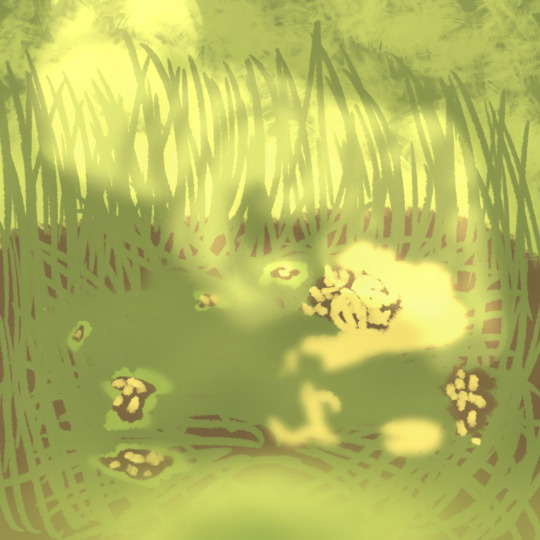
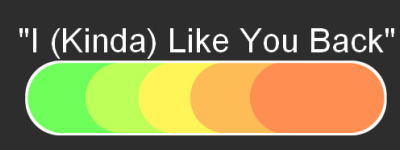

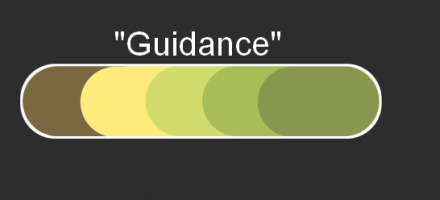
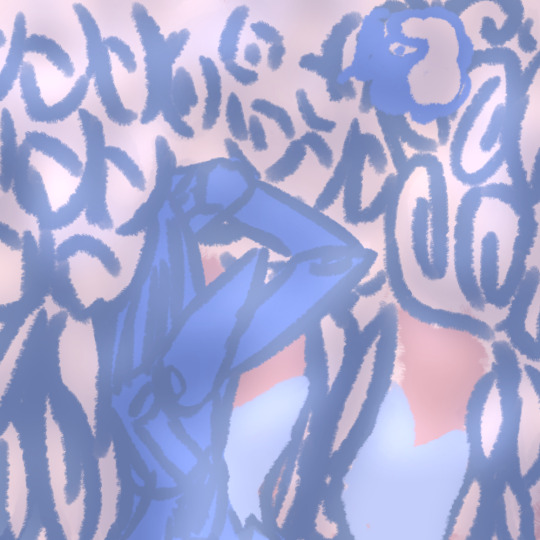


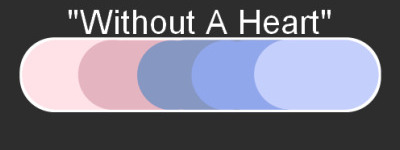
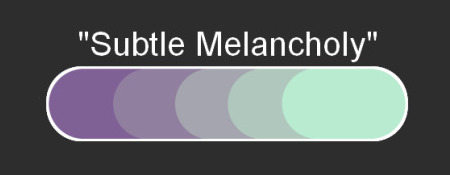
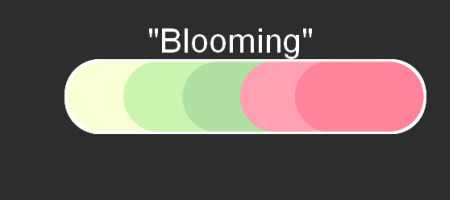
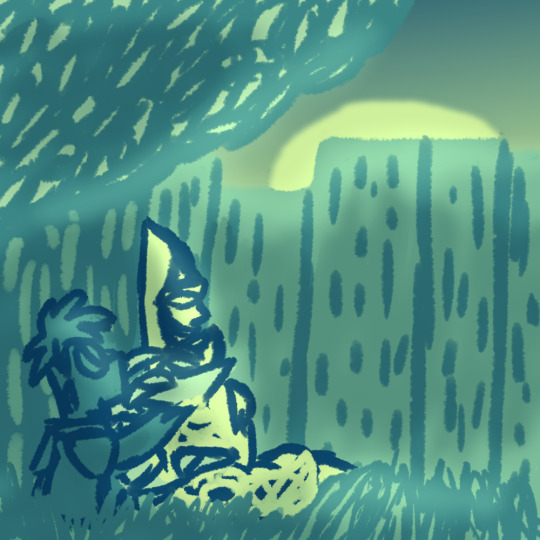

I caught up with daily stuff very quickly after finding my tablet pen lol! the two not in this are getting their own posts bc they have multiple pictures to post, but in order you've got
goddamn symbolism, trans animosity(friendship), sorry nessa, why are my best friends dreams so weird, vent art, pats isabellas back, and lookit them :]
#phineas and ferb#pnf#candace flynn#jeremy johnson#heinz doofenshmirtz#perry the platypus#vanessa doofenshmirtz#stacy hirano#jenny brown#isabella garcia-shapiro#phineas flynn#ferb fletcher#pnf deity au#pnf medieval au#att#corpse tw#hook tw#decay tw#bright colors tw#maggots tw#eye contact tw#candy-art
24 notes
·
View notes
Text
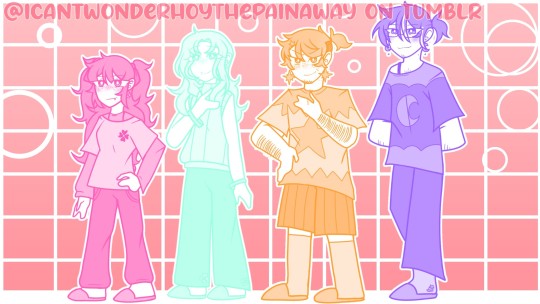
DAYCARE SEKAI AU
The 4th batch of designs : Airi, Shizuku, Tsukasa, Rui.
Final batch of designs : Kanade, Mafuyu, Ena.
#pjsk#pjsekai#project sekai#pjsk au#project sekai posting#daycare sekai au#kenny draws#airi momoi#shizuku hinomori#tsukasa tenma#rui kamishiro#why is shizuku so bright omfg#also perry socks hehe
36 notes
·
View notes
Text
So I was reading a book on medieval history today, as one does. One chapter is about a monk in post-Carolingian France who had visions of a golden saint, and how that affected local politics. You know, normal medieval stuff. Many such cases, etc.
Then I turn the page and am hit with:

I laughed so hard I dropped the damn thing on my foot
If either of the authors is on Tumblr: well played
#the book is:#the bright ages#by Matthew Gabriele and David M. Perry#10/10 highly recommend#even before they snuck a meme into a history lesson#like john fucking gaius#I need to go back and see if I missed others
2 notes
·
View notes
Text
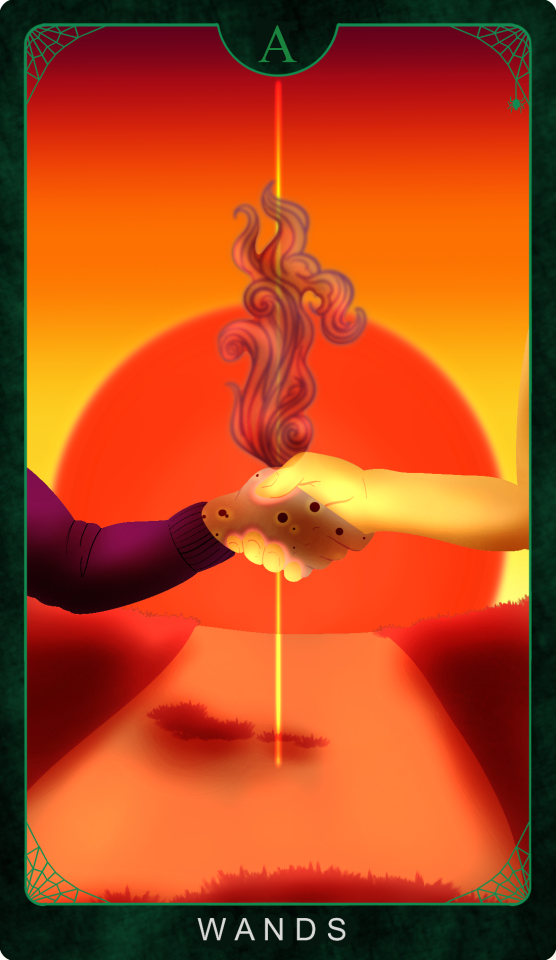
@creep-tober 1 - Something Burned
1 Wands/MAG 089 - Twice as Bright
"At first I channelled this new energy into my job and my relationship. Gretchen and I had never been happier as I moved from one success to the next. I think she realised there was something else going on, though...
All this time I was serving my god, but only for my own glory. But with each new gift, each renewal of the fire, I saw how lifeless and hollow it was, how grey and ashen my existence had become. It became clear that, where once I had destroyed to fuel my life, I now lived for the pain that I caused."
#creep-tober 2023#the magnus archives#mag 089#twice as bright#jonathan sims#jude perry#tma#tma tarot#tarot#ace of wands#art#fan art#my art
35 notes
·
View notes
Text
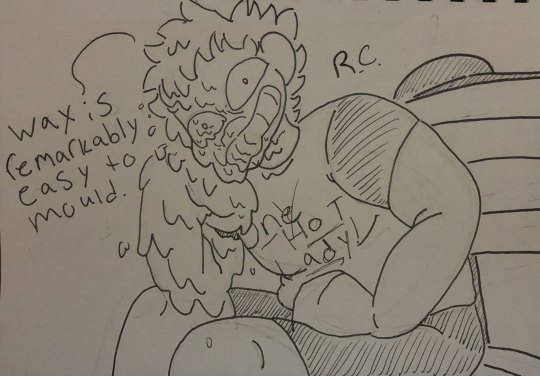
Mag 89: Twice as Bright
#inktober#the magnus archives#tma#mag 89#twice as bright#jude perry#tw body horror#tw melting#tw scopophobia#hope you enjoyed#ye!
29 notes
·
View notes
Text





Posting some of my very first iPad art. Never got around to really touching up but figured I’d post the ideas.
#prodigal son#fringe#peter bishop#Malcom bright#community#abed nadir#troy x abed#dghda au#britta perry#annie edison#dirk gently#todd brotzman#farah black#tina tevetino#bodiesnetflix#hob sandman#dreamling#dream of endless#san junipero au#san junipero#howls moving castle au#procreate art
6 notes
·
View notes
Text
Murder, She Wrote guest stars on ‘Ship of Thieves’

Jane Withers- child actor known best for films in the 1930s and 40s. A few of those: Bright Eyes, Shooting High, Ginger, This is the Life, Paddy O’Day, Pepper, Angel’s Holiday, Rascals, We’re in the Army Now, Golden Hoofs. Later credits: Giant, The Alfred Hitchcock Hour, Summer Playhouse, The Love Boat, Hart to Hart, Hunchback of Notre Dame Disney animations. Second of two appearances.

Lee Meriwether mainly remembered for science fiction/fantasy cult shows and films in the 1960s- including Batman: The Movie (1966) and Batman tv show (1967), ST:TOS, The Time Tunnel, Land of the Giants. Other things you might recognise her from: Dragnet, Dr Kildare, The Man from U.N.C.L.E., Perry Mason. The Fugitive (1966) Mission Impossible (TV), Love American Style, Barnaby Jones, The Love Boat. This is her second of three appearances.
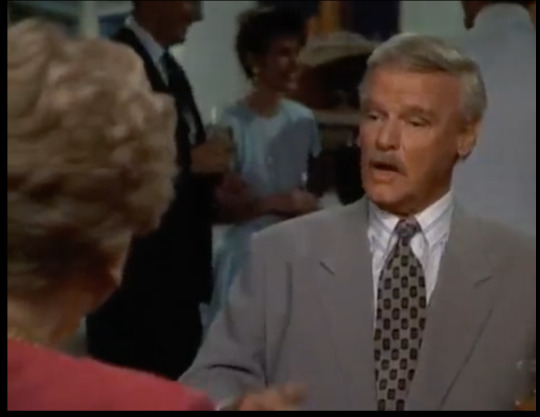
Keith Mitchell - an Australian actor primarily in UK/AUS projects. Known for The Hellfire Club, Withering Heights (1962), Seven Seas to Calais, BBC Play of the Month, The Six Wives of Henry VIII, Henry VIII and his Six Wives, BBC Television Shakespeare, and the Prince and the Pauper. This is his last of 9 appearances— unlike most MSW guest stars, he plays the same character throughout.
9.20 Episode aired May 2, 1993
#keith mitchell#lee meriwether#jane withers#murder she wrote#Bright Eyes#Shooting High#Ginger#This is the Life#Paddy O’Day#Pepper#Angel’s Holiday#Rascals#We’re in the Army Now#Golden Hoofs#The Hellfire Club#Withering Heights (1962)#Seven Seas to Calais#BBC Play of the Month#The Six Wives of Henry VIII#Henry VIII and his Six Wives#BBC Television Shakespeare#Batman: The Movie (1966) and Batman tv show (1967)#ST:TOS#The Time Tunnel#Land of the Giants#Dragnet#Dr Kildare#The Man from U.N.C.L.E.#Perry Mason. The Fugitive (1966) Mission Impossible (TV)#Love American Style
2 notes
·
View notes
Text
Entertainment To-Do List: Week of 9/20/24
By my accounting, there’s a lot of TV to watch this Fall (CREDIT: Paramount Plus/Screenshot) Every week, I list all the upcoming (or recently released) movies, TV shows, albums, podcasts, etc. that I believe are worth checking out. Movies –A Different Man (Theaters) –Never Let Go (Theaters) –The Substance (Theaters) – Gimme (Demi) Moore (of Margaret Qualley). TV –The Masked Singer Season 12…

View On WordPress
#143#7#A Different Man#Bright Eyes#Colin From Accounts#Five Dice All Threes#Flow Control Lucidity#In Waves#Jamie xx#Joan As Police Woman#Kate Pierson#Katy Perry#Lemons Limes & Orchids#Like All Before You#Nelly Furtado#Neon Trees#Never Let Go#Radios and Rainbows#Sink Your Teeth#The Floor#The Masked Singer#The Substance#The Voidz#Thurston Moore
2 notes
·
View notes
Text


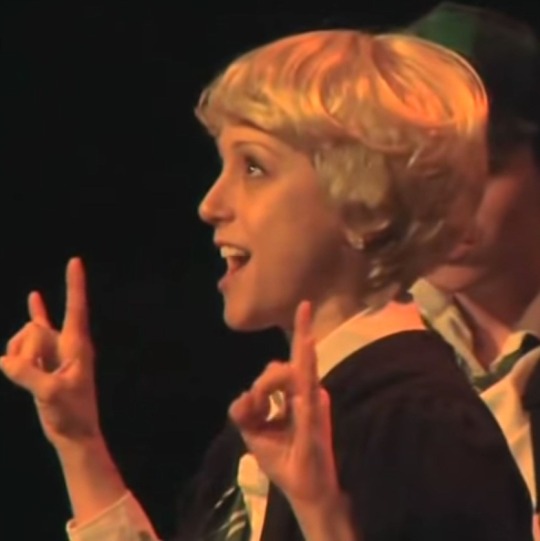
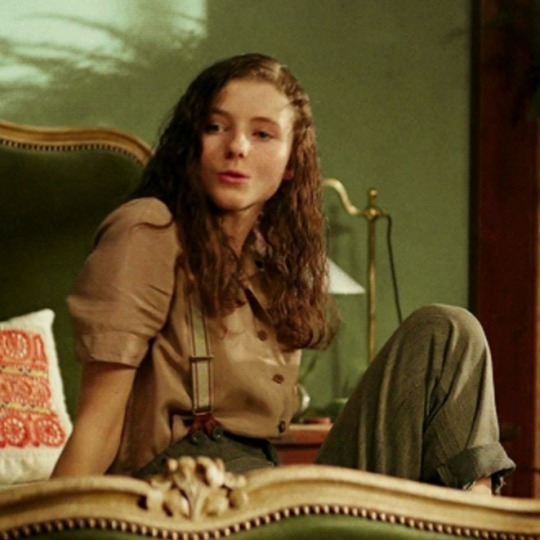
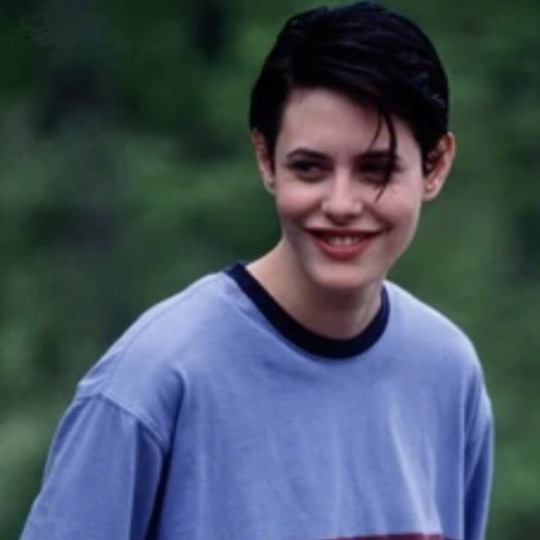

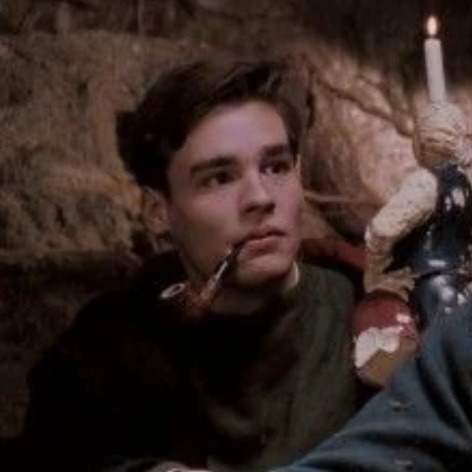
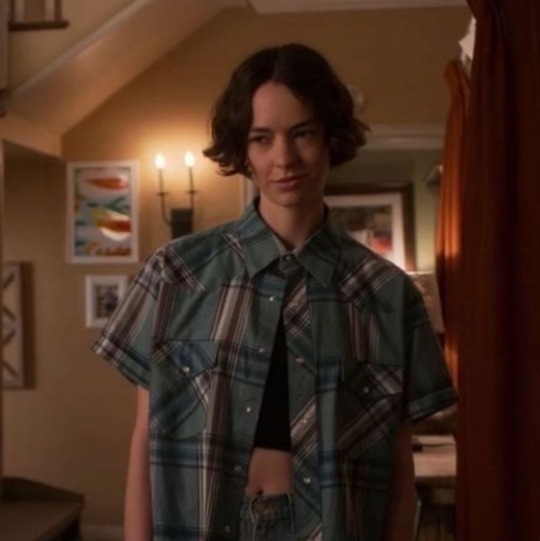
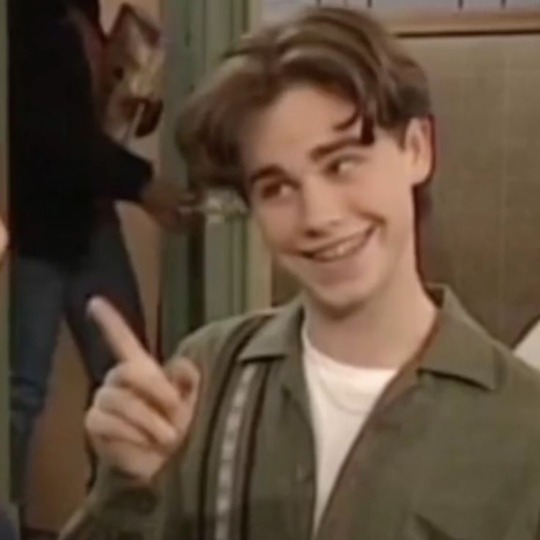
favourite characters (not in order)
#James#the end of the fucking world#Miles Maitland#Bright young things#Draco malfoy Avpm#lauren lopez#Elsa Korr#Jojo rabbit#Jake Pratt#Young Americans#Tosiek#Fanfik#Neil Perry#dead poets society#casey gardner#atypical#Shawn Hunter#Boy meets world
17 notes
·
View notes